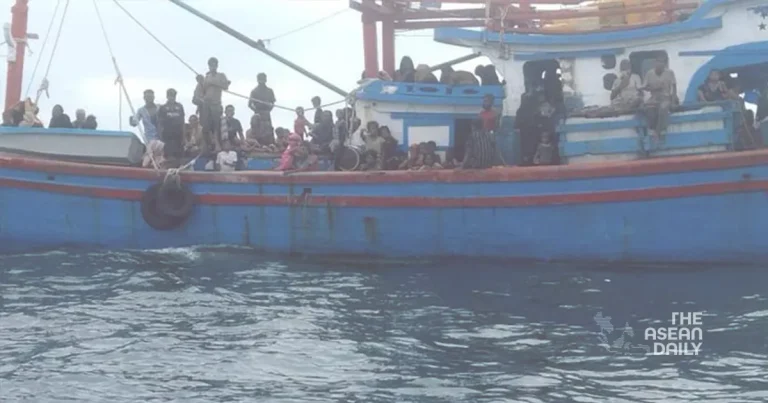15-11-2024 (SEOUL) Two Thai fugitives, wanted in connection with a tragic human trafficking case that claimed the lives of 24 Rohingya refugees, have been extradited to Thailand following their arrest in South Korea after a five-year manhunt.
The suspects, aged 44 and 31, whose identities remain protected by authorities, were apprehended in separate operations following meticulous detective work by South Korean law enforcement. The pair had been living illegally in South Korea since April 2019, having overstayed their 90-day visa waiver permits.
The breakthrough in the case came through careful analysis of social media photographs, which provided crucial geographical clues leading to their whereabouts. The elder suspect was detained near Naju, some 280 kilometres from Seoul, where he had been working in a factory. His younger accomplice was arrested in Icheon City after undercover officers infiltrated a peach farm where he was employed.
Lee Young-pil, who heads the international crime division at Gyeonggi-do Southern Police Agency, highlighted the significance of the bilateral cooperation: “This extradition demonstrates the effectiveness of our 1999 deportation agreement with Thailand and establishes an important precedent for cross-border justice.”
The suspects allegedly orchestrated a deadly trafficking operation that resulted in the deaths of 24 Rohingya refugees, including several minors, who suffocated in a sealed truck during an attempted journey from Thailand to Malaysia. Police believe the victims were lured with false promises of prosperity abroad, only to be subjected to inhumane conditions without adequate food or water.
Senior officer Kim Jae-ho detailed the challenging nature of the arrests: “The suspects’ awareness of their crimes made them extremely wary of strangers, necessitating our undercover approach.”
The case has drawn attention to Thailand’s ongoing struggles with human trafficking, particularly concerning Rohingya refugees fleeing persecution in Myanmar. Human Rights Watch has documented extensive trafficking networks operating in the region and criticised Thailand’s handling of refugee protection measures.
The Thai government’s current policies have faced scrutiny from international rights organisations, particularly regarding its non-signatory status to the 1951 Refugee Convention and its approach to immigration detention.
Both suspects were successfully repatriated to Thailand in separate operations in July and August, where they now face prosecution for their alleged roles in the trafficking operation that led to the refugees’ deaths.




